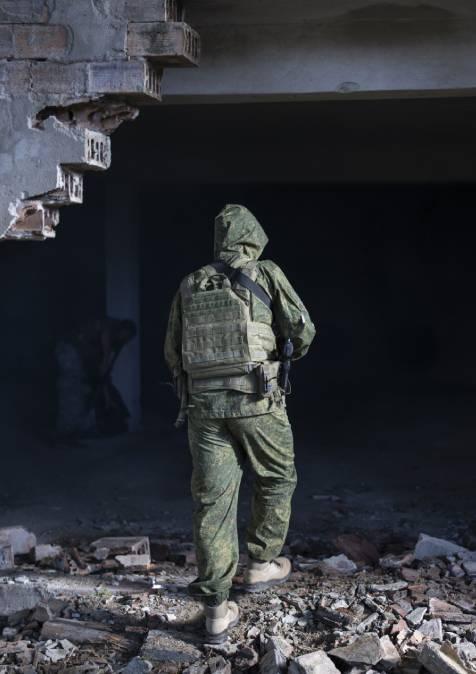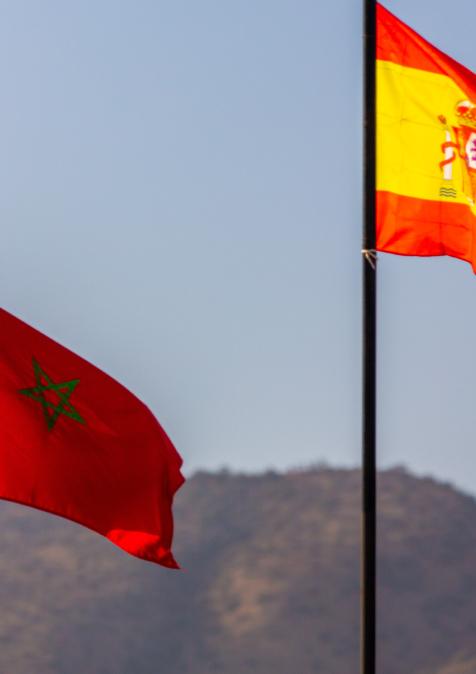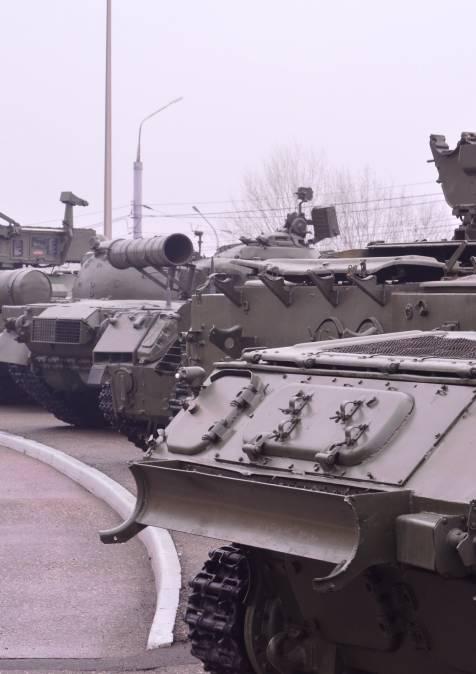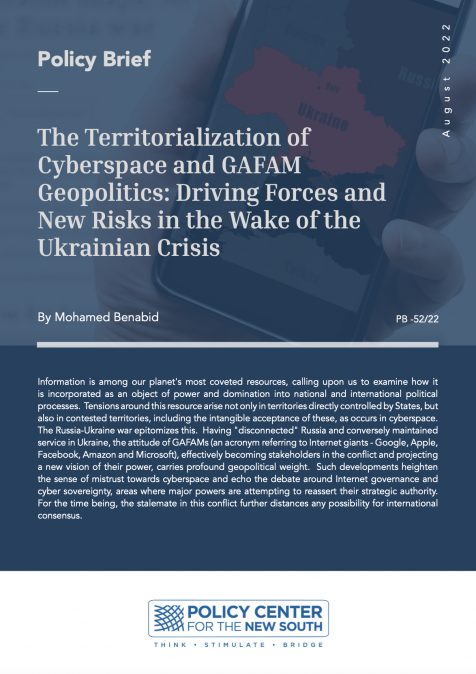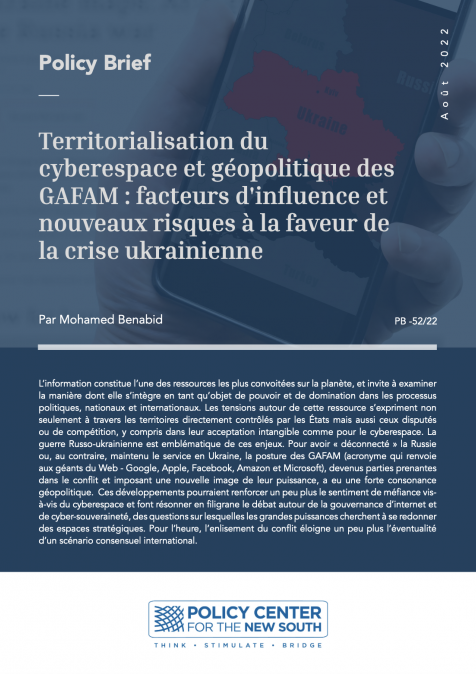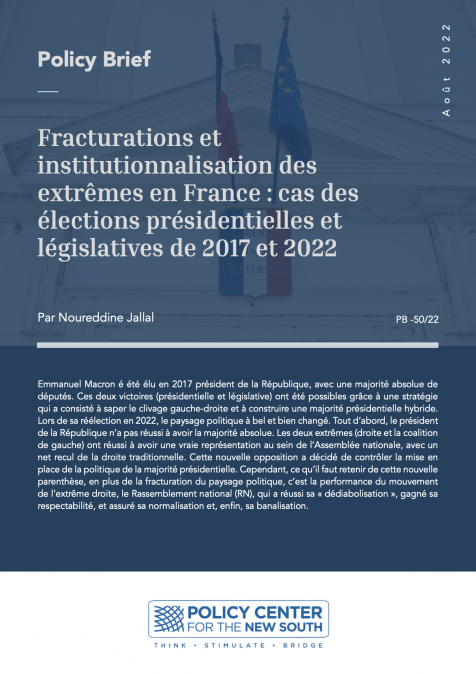Publications /
Opinion
France appears to be relying on force to patch up problems in Africa, and particularly in Libya. None of this is compatible with President Macron’s lofty foreign policy declarations.
French President Emmanuel Macron has classified colonisation as a crime against humanity. He is also keen to redefine the relationship with former French colonies. But in practice, there has never been a more ‘let’s go to war’ or ‘va t-en guerre’ attitude, in terms of its hopes for involvement in international affairs, in France since Napoleon III seized control of the Second Republic in the early 1850s, leading to the establishment of a new French Empire. A country which only at the beginning of this century still posed itself proudly as the symbol of non-interventionism and refused point-blank to get involved in Iraq is now vastly engaged on foreign soils. The French Army is deployed in the Sahel region, investing what seems to be a countless amount of time and manpower. Through the so-called G5 Sahel framework which includes Burkina Faso, Chad, Mali, Mauritania and Niger, but where most of the equipment and logistics are handled by French operational teams, Paris is projecting power across the Sahel region from Nouakchott in Mauritania, to N’Djamena in Chad. And this multistate approach involving regional partners is now also applied to national operations like in Mali. So it seems that the days of French non-interventionism have gone before they have even supposedly begun.
Stationed in N’Djamena, Operation Barkhane whose main objective was to stop a terrorist insurgency in northern Mali is now looking to expand south to the Niger River, in the Gourma region. When looking at instability in the Sahel, it is nearly impossible to have a one-state approach as the frontiers are highly porous and rebel forces often use other countries as rear bases. Moreover, instability in one part of the region often acts as a contagion that destabilises the surrounding areas. Continuing this logic, France went back to what seems to be the cause for the ongoing instability in the region: the Libyan Civil War and the chaos it engendered since 2011.
The French return to Libya is a strategic necessity which is also a political conundrum. On the one hand, Paris’s involvement in Libya is an essential ingredient in the containment of migration flows toward Europe as well as in the stemming of terrorism and the protection of European investments in the region. On the other hand, France’s past involvement in the country and political scandals involving former President Nicolas Sarkozy and his campaign financing by Muammar Qadhafi makes the French presence in Tripoli highly delicate. This conundrum is pushing France to opt for the safest solution for Libya, which is to place a strongman in the form of Khalifa Haftar in power to establish order in the country and put an end to chaos.
President Macron showed both his impatience and his strategic preferences when he organised the Paris summit in May 2018 between the Government of National Accord in Libya, Haftar and a number of other local parliamentary leaders. The French leader pushed for an early Libyan election but got only a feeble agreement on the adoption of a constitutional framework and in the end the election he hoped for never materialised. Just about the only message that the Paris summit conveyed is that France was back on the Libyan centre stage. This however angered Italy, which has viewed the French comeback in Libya as an attempt at intruding in Italy’s own area of influence.
The French–Italian relationship, in general, has always been rocky and, unsurprisingly, their strategies and interests in Libya strongly differ. Italy argues that France poorly managed the post-revolution moment in 2011 and is by extension responsible for the current chaos. But France rejects the Italian government’s narrative, and snipes at Italy’s current far-right government coalition. President Macron has gone as far as describing the populist movement which afflicts Europe in general and Italy, in particular, as leprosy, in a clear attack against the Giuseppe Conte coalition. This confrontation between two major European countries shows the lack of coordinated policies within the European Union and how France and Italy have adopted a ‘lone-ranger’ posture when it comes to strategies on Libya. Still, Paris has picked its side in Libya, and it will stick to it.
Following the death of three French military personnel in a helicopter accident in Libya in July 2016, the French Army had to publicly acknowledge that it had deployed special forces alongside Haftar’s Libyan National Army. And, as Haftar appeared to be walking into Tripoli as a result of his current military offensive, Fayez Al-Sarraj, the head of the UN-backed Government of National Accord appeared not to have forgotten France’s political bias, for he summoned France’s Ambassador to Libya to his office. Yet Paris still clung to its pretence of being an independent mediator in the conflict, by explaining away this episode as just an ‘audience’ between its diplomatic envoy and the Libyan leaders, rather than as a pointed reminder that France is taking sides.
The urgency which France currently displays in its policy toward Libya, alongside its substantial economic interest in solidifying the recent acquisitions by Total, the French oil giant, in the Libyan oil industry could push Paris towards an even more open support for Haftar. Never mind the fact that the warlord is hardly the epitome of human rights and fundamental freedoms; the French position is more about hard-nosed realism than espousing the values of Voltaire.
So, what is next? The French government will probably keep walking on eggshells when it comes to involvement in Libya, pretending to be supporting reconciliation, but really hoping for the victory of one warlord. And Macron, faced with the Yellow Vests protest movement at home, will not have time for complex solutions to even more complex African problems; brute force, or supporting brute local forces, will define France’s policies.
This article was originally published by the Royal United Services Institute and has been republished here with their kind permission.

